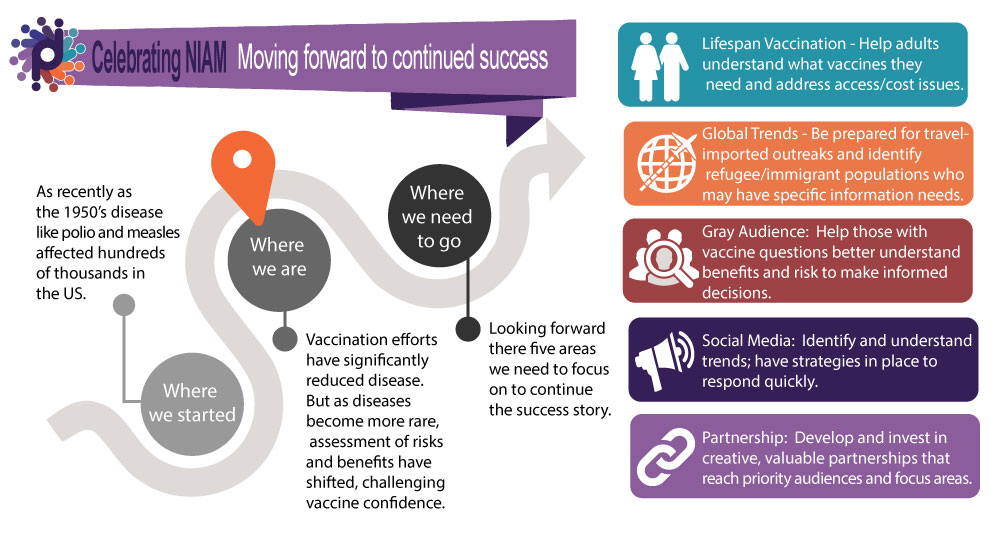I can’t count how many times I’ve heard program managers say, “if we had realized X in the beginning, we would have gotten further, faster and ended up with a better project.” Often times, organizations will conduct some type of qualitative formative research – focus groups or interviews – and call it a day. Focus groups and interviews are useful but they don’t always ask the right questions and they are frequently not enough. Set your program up for successful by engaging with the community early in the process. There are no better experts on how an issue affects a community and what might work than community members themselves.
Taking the time to map out your community engagement will benefit your program in a multitude of ways – from building trust to avoiding cultural missteps.
So here’s a 4-pronged approach help inform your formative work, and in turn, make your programs more successful.
- Develop allies. These are people with their fingers on the pulse of the community and who understand what you’re trying to accomplish. They are not necessarily the most powerful in a community — trusted allies in the community are as likely to be a respected nurse or farmer as a chief. Take the time to find out who they are and invest in developing a relationship with them. These allies can give you honest insights that will be valuable to your work.
- Consider formative activities rather than formative research. Conduct your focus groups and interviews but don’t stop there. Work with your allies to find other ways to learn about and engage with the community. Attend social events when appropriate. Make informal “getting to know you” visits with community stakeholders. Find ways to informally engage individuals in different positions in the community (from powerful leaders to those most disempowered in the community).
Remember that building relationships is not a “one and done” activity. Treat your stakeholders with respect, return to visit them regularly to brief them on the project and solicit their input. This can be time consuming but the return on your investment will be well worth it. - Ask the right questions. Here are some things communities wish you knew:
Communities have rich cultures…and you should understand them. What is the community’s history? how is the community organized – has that organization evolved over time and if so, how? What are the important norms and beliefs in the community?
Communities usually have a lot of experience with social sector organizations. Who is already working in the community? What does the community think of them and why? What are these organization doing and how have their community engagement efforts been received? Are there opportunities for collaboration? It’s important you know what the community felt worked and didn’t work, what they like and what they were ambivalent about…and why.
Communities probably already have strong opinions about your issue. Is the issue important to the community and why or why not? Is it a health issue – then how do they understand health and medicine? Is it a political issue – then what do they see as their role in the political structures and do they feel empowered? Are there important cultural, religious or other considerations that contribute/impact the issue?
Communities have already thought about solutions and expect to be part of the process. What do they think are key components to any solution? What do they identify as the barriers to a solution? How do they envision themselves as part of the solution? What tools/skills do they need to play that part?
4. Answer the right questions. Information gathering is a two way street and a community expects to have their questions answered. So be prepared to answer, at the very least, these questions:
What’s your plan and how does the community fit into it? Is the community invited to participate in the planning, and if so, how?
How will the project be implemented?
How long will you be in the community?
What’s your exit plan? Do you plan to turn ownership over to the community? If so, how will you be working with the community to facilitate that?
Taking the time to map out your community engagement will benefit your program in a multitude of ways – from building trust to avoiding cultural missteps to improving outcomes. Investing in the process and building your staff skills in community engagement are critical efforts for program success. If you want to learn more about how Devi Partners can help your organization with strategic community engagement contact Amy at [email protected].




